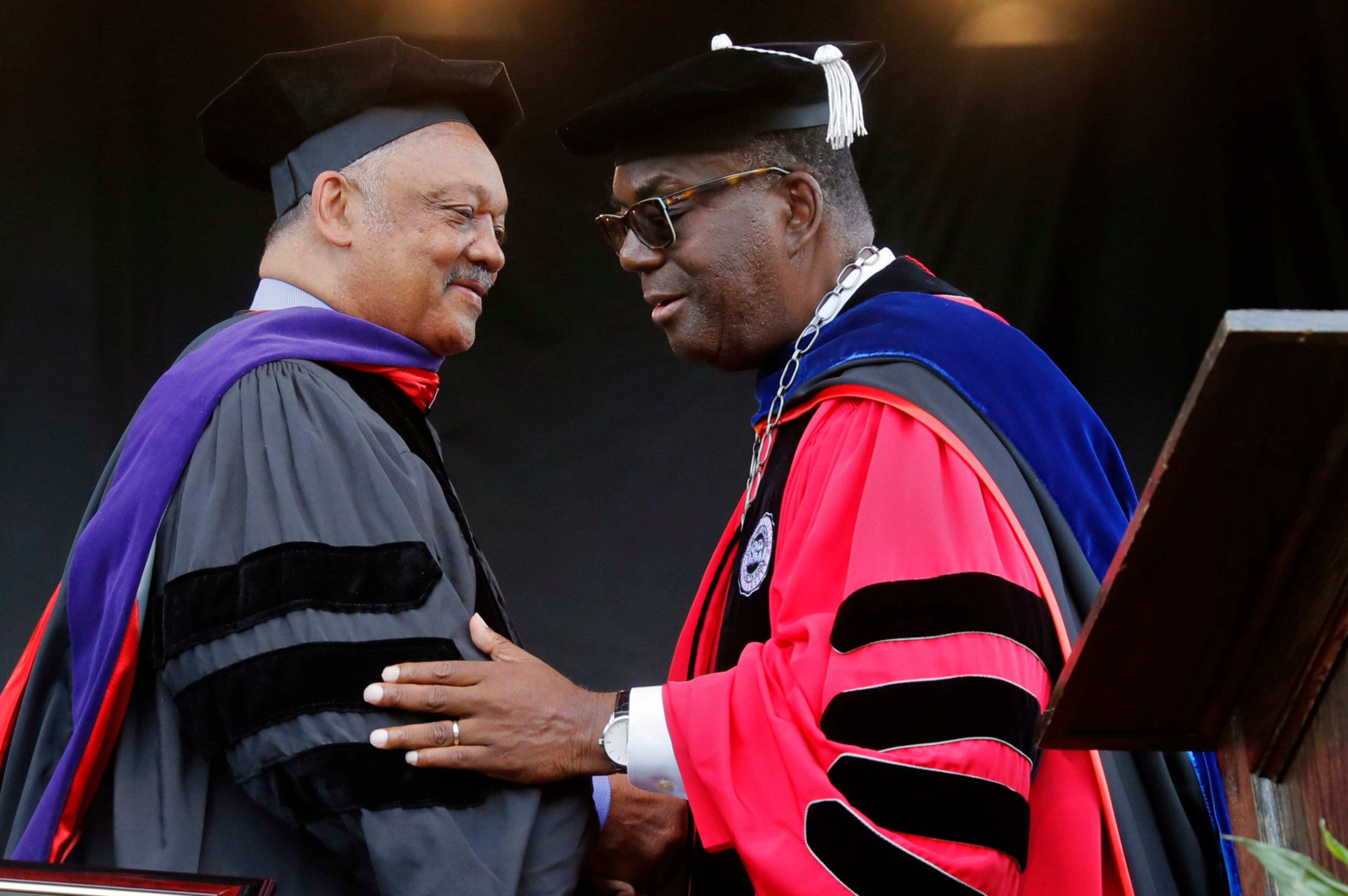Bill allowing early access to college advances in Senate
High school students wanting to pursue college early would be able to do so after 10th grade and receive a high school diploma for their college course work, under a bill making its way through the state Legislature.
Senate Bill 2 would allow certain high school students to enroll in a college or university if they can pass a college entrance exam and have completed freshman- and sophomore-level high school course work. When they complete a degree or certificate program, their college-level courses would satisfy 11th- and 12th-grade requirements and allow them to also receive a high school diploma.
The bill, which was part of the Senate majority agenda and pushed by Lt. Gov. Casey Cagle and has the support of state school Superintendent Richard Woods, passed unanimously out of the Senate Education and Youth Committee on Wednesday.
The legislation, which has strong support from business, has been touted as another method for filling some high-demand and hard-to-fill jobs needed for companies operating in the state. Those companies have said the lack of skilled workers has forced them to look outside Georgia for employees. The bill includes a provision requiring the state technical college system to identify fields of study with critical needs or a shortage of trained workers and share the information with the state board of education, who will share it with local school systems.
“We still have a dropout rate that is way too high and we still have a skills gap,” said Cagle. “If a student is ready to successfully begin a program of study after the 10th grade, let’s not hold them back. Under this initiative, we can finally fulfill our vision of seeing students graduate high school on Friday and college on Saturday.”
The program would apply to students participating in existing dual-enrollment programs through the state education department, who are at least 16 years old. Tying it to that existing program provides funding for the new option and takes care of eligibility and accountability requirements, state education officials said. About 18,300 students are enrolled in those programs.
The bill represents another way for students to complete their education and recognizes that not all students have to follow the same path, said sponsor Sen. Lindsey Tippins.
“This is not an easy way out. We expect the extremely high standards that exist now to continue under this expanded opportunity,” said Tippins, R-Marietta. “This is about the need to make our education system student-focused, and allow our students to get the specialized teaching and training they need for the career they choose.”



